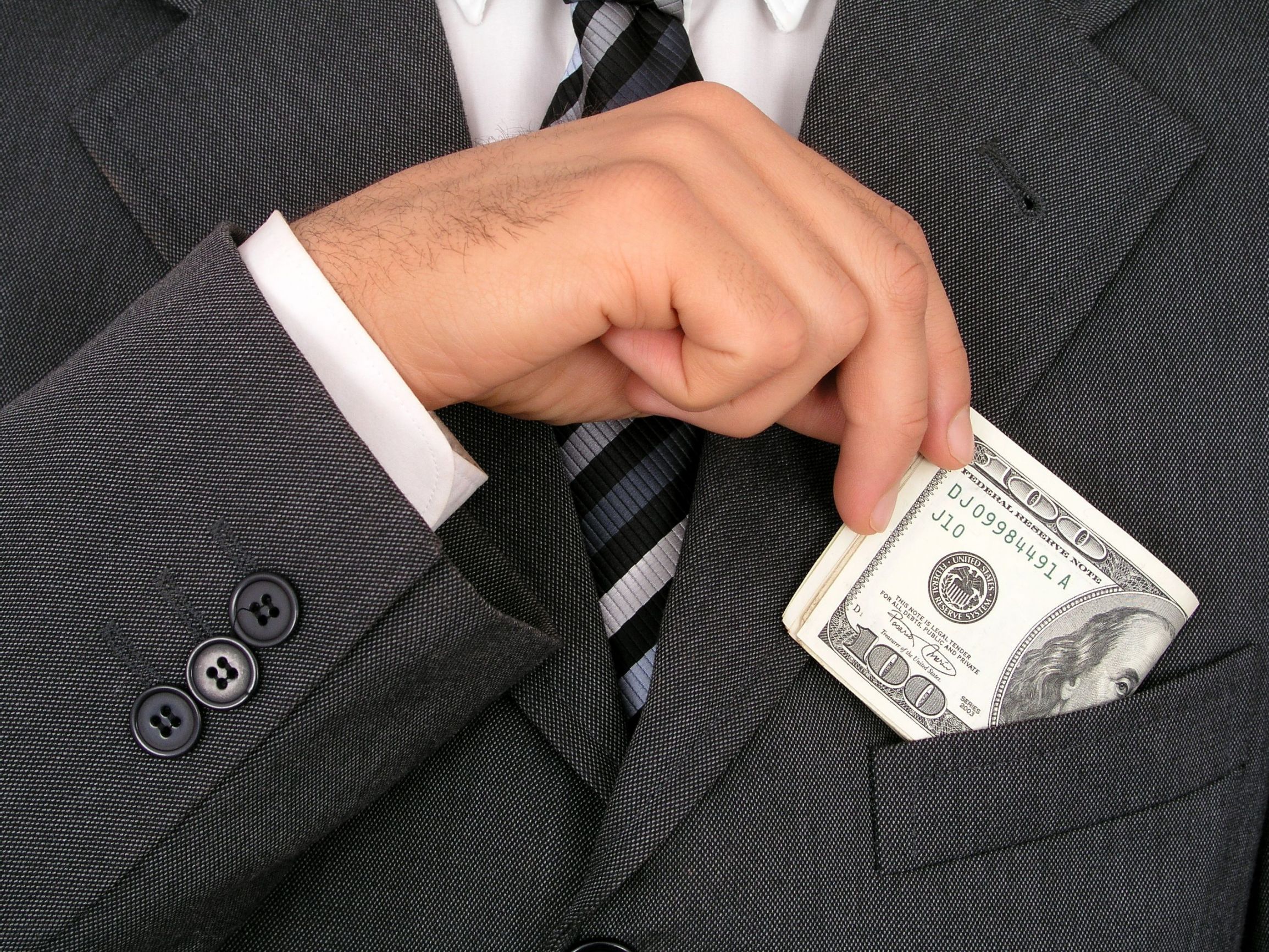One of the biggest fears that people have before filing bankruptcy is the impact that it will have on your credit scores. The most important question is whether your credit score will be trashed forever. How low will your credit score become and how long will it stay on your credit report? With the current lending industry, credit has gradually become a staple in our lives without which no lender or insurance company will lend us a new line of credit or an insurance policy respectively. A borrower with a mediocre credit score will not get an interest rate that is as low as the rates that will be offered to a borrower with a stellar credit rating. If you’re someone who has planned to file bankruptcy after going through bankruptcy counseling, there’s not much good news for you. Read on the concerns of this article to know more on this debt relief option and its impact on your credit score.
How bankruptcy affects your credit score
Yes, it is impossible or rather difficult to predict how far your credit score will fall after you file bankruptcy. The impact to your credit score is largely based on where it stood before you filed for the same. The information on your credit report is also another deciding factor about the extent till which your credit score will fall. In the year 2010, FICO released information about the way in which bankruptcy and other financial mistakes affect your credit score. According to FICO, a bankruptcy could cost you up to 250 points for someone with a credit score of 780 and 150 points for someone with a score of 680. The person with a higher score will lose more points. This is just an example and you should be aware of the fact that this could vary with the type of bankruptcy and the credit score that you already had.
Are all the bankruptcy kinds the same?
FICO’s example doesn’t differentiate between Chapter 13 and Chapter 7, which are the 2 types of personal bankruptcies that are available for personal debts. Chapter 7 bankruptcy is completed within the quickest time and you can obtain a discharge of your debts within a few months of qualification for the bankruptcy. On the other hand, it takes years to complete a Chapter 13 bankruptcy since you have to repay a certain amount of debt through a 5-year repayment term.
Are there any alternatives to bankruptcy?
While you might drift away from bankruptcy based on the potential impact on your credit score, keep in mind that there are some other available options through which you can get back on track. You can try:
- Paying your debt on your own
- Entering a DMP via a credit counseling agency
- Settling your debts through a debt settlement company
- Consolidating your debts through a debt consolidation loan or a program
Reviving your credit after bankruptcy – What steps to take
When you decide to file bankruptcy, you should know that this is not going to last forever on your credit report. Once you’ve completed with bankruptcy, you can start rebuilding your finances and your credit score. This will involve building a positive payment history with the new creditors or with the accounts that have survived through bankruptcy.
Bankruptcy will stay on your credit report for the next 10 years and as you start adding positive elements to the credit report, the effect will be minimized in the near future. It is not impossible to get an excellent credit status after bankruptcy and so if you’re interested, you have to ensure taking the right steps.
Amy Lewis is experienced in writing informative pieces for numerous blogs and websites that deal with legal issues. She is also associated with the OVLG Bankruptcy Law Group, where she assists people to deal with legal matters.
